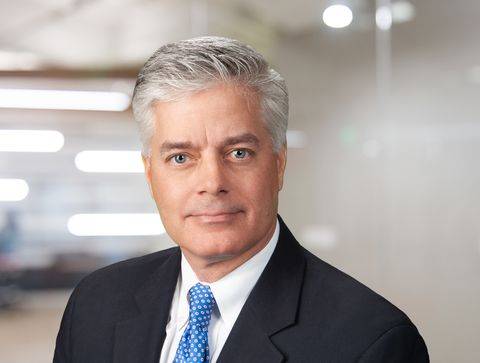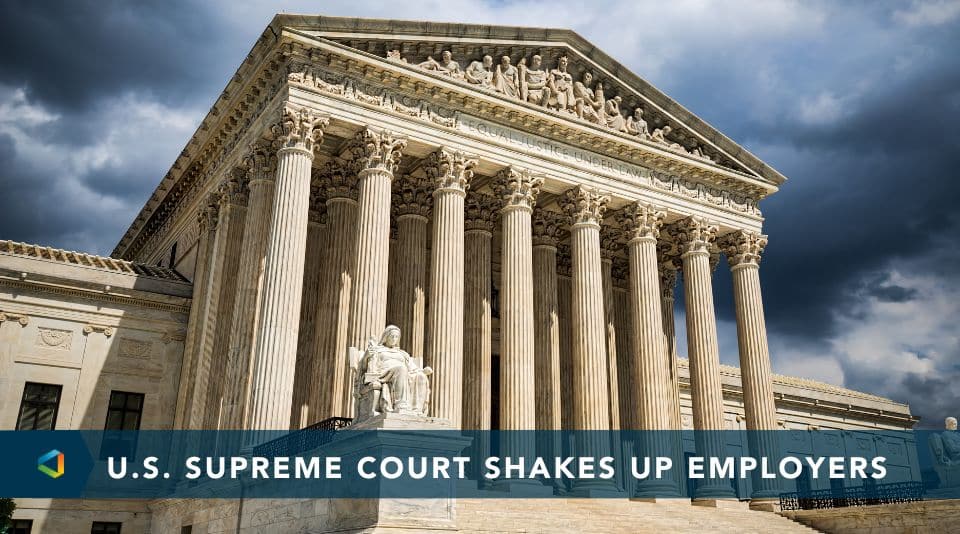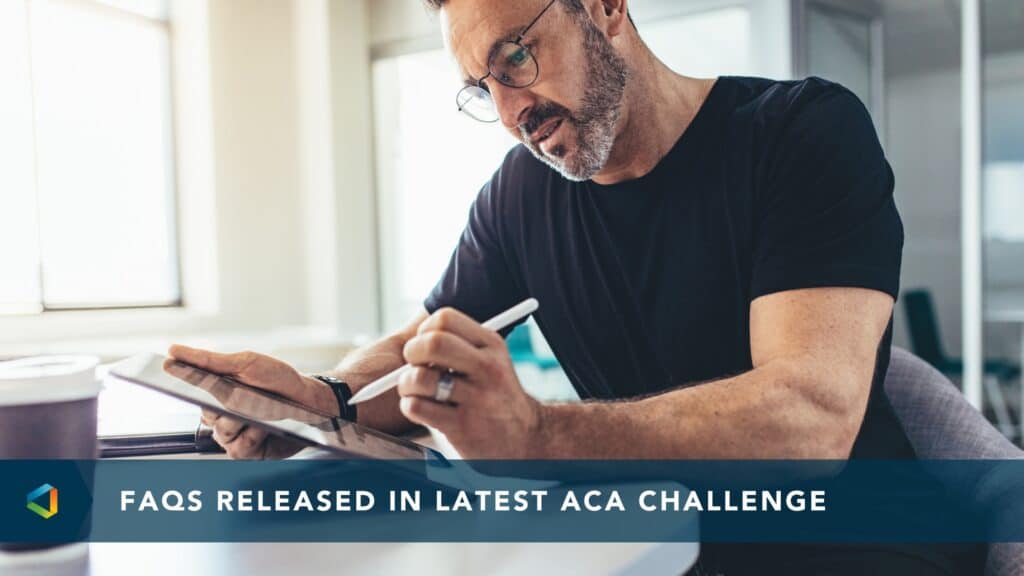Compliance Confidence
Employer Considerations in Light of Dobbs Decision
Employer Considerations in Light of Dobbs Decision
In Dobbs v. Jackson Women’s Health Organization, the U.S. Supreme Court delegated abortion to the control of individual states.
As a result, states vary widely on whether or not abortion is legal and to what extent. Employers and employees are now asking how this ruling impacts them and whether they need to do anything about it. Like the issue itself, the implications are complex. While the Supreme Court ruling impacts all employers, other federal and state laws may vary depending on the circumstances.
One of the major questions employers are asking is how their health plan is impacted by the Dobbs decision.
OneDigital’s compliance and benefits leaders are joined by guest speaker Carl Pilger, of counsel for Fisher Phillips, to provide an overview of the details around this decision and further guidance on what the ruling may mean for employer-sponsored health plans.
GUEST SPEAKER

Carlton C. Pilger
Of Counsel, Fisher Phillips
Carl Pilger is of counsel for Fisher Phillips, based in the Atlanta office and a member of the firm's Employee Benefits Practice Group. He advises clients with respect to all aspects of employee benefits and executive compensation, with an emphasis on health and other welfare benefit plans, cafeteria plans, consumer-driven health care options and employee wellness programs.
He has extensive experience advising clients on the complexities of the Patient Protection and Affordable Care Act, including challenging IRS shared responsibility payments. He also advises employers on compliance issues involving the Health Insurance Portability and Accountability Act (HIPAA) and various other federal and state benefits compliance matters.
Carl joined the firm in its Atlanta office in 1994 and then rejoined the firm in 2021 following nearly a decade of educating and counseling clients on employee benefits compliance issues for two insurance brokerage firms -- most recently spending more than five years as National Compliance Director for one the nation’s largest privately held insurance brokers. Prior to that, he practiced in the employee benefits groups at two full-service regional law firms and served as in-house ERISA counsel for a national credit card processor.
While in law school, he led the Sports Law Society and competed on the school’s Trial Team, which qualified for the National Trial Competition after being crowned 7th Circuit champions.






